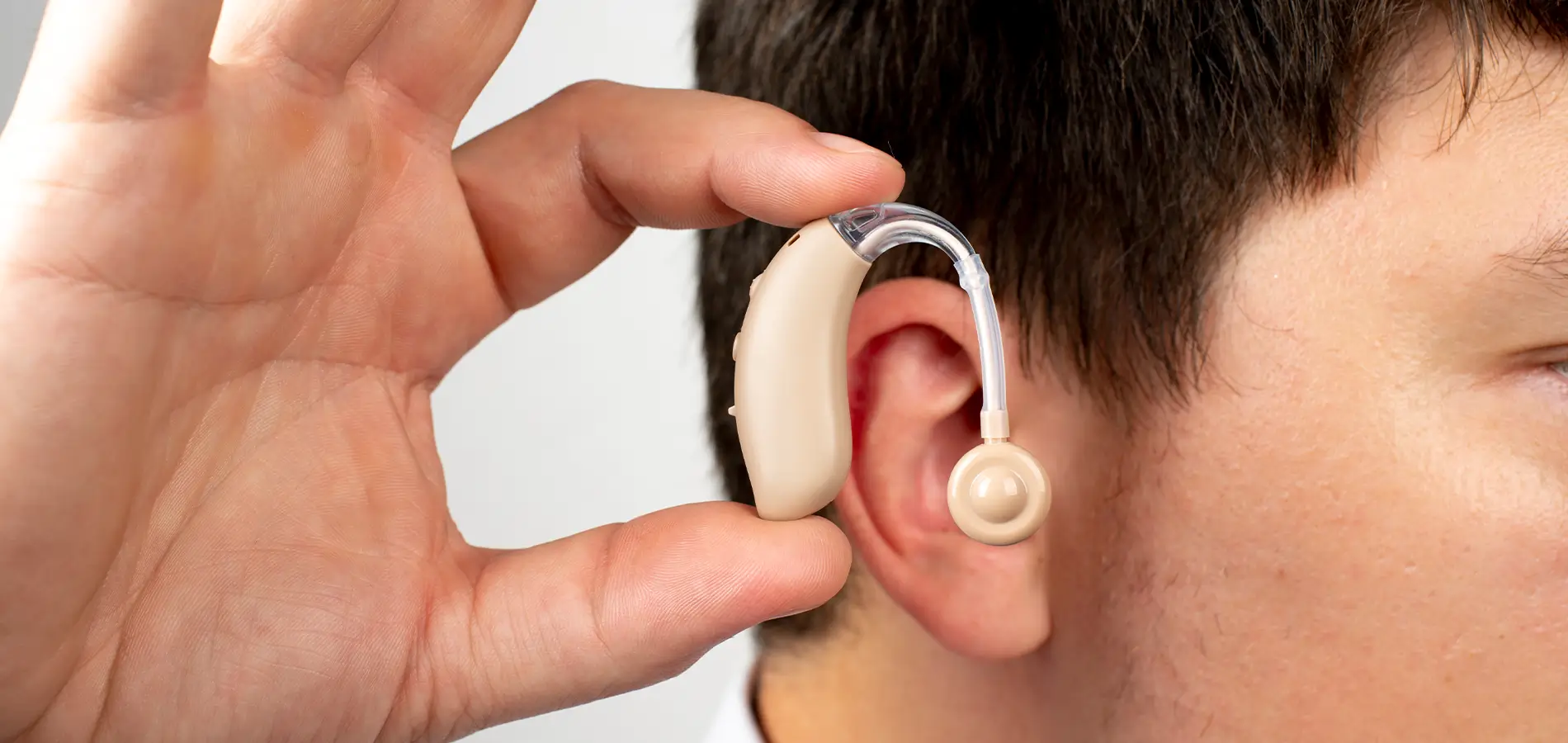Understanding Hearing Loss: Causes and Symptoms
Hearing loss is a common condition that can affect people of all ages and backgrounds. Whether gradual or sudden, it can significantly impact one’s quality of life. Understanding the causes and recognizing the symptoms of hearing loss is crucial for early detection and intervention. In this blog, we will explore the various factors that contribute to hearing loss and the signs to watch out for.
Causes of Hearing Loss:
- Aging (Presbycusis): As we age, the tiny hair cells in the inner ear can deteriorate, leading to gradual hearing loss. This natural process, known as presbycusis, often affects high-frequency sounds first.
- Exposure to Loud Noise: Prolonged exposure to loud noises, such as machinery, concerts, or firearms, can damage the delicate structures of the inner ear, causing noise-induced hearing loss. This type of hearing loss can be preventable by wearing ear protection.
- Genetics: Genetic factors can predispose individuals to certain types of hearing loss. Inherited conditions like otosclerosis or genetic mutations may affect the development or function of the auditory system.
- Medical Conditions: Certain medical conditions, such as ear infections, Ménière’s disease, or autoimmune disorders, can contribute to hearing loss. Tumors, head injuries, and cardiovascular diseases may also impact hearing health.
- Medications: Some medications, including certain antibiotics, chemotherapy drugs, and high doses of aspirin, can have ototoxic effects, causing hearing loss or tinnitus (ringing in the ears).
Symptoms of Hearing Loss:
- Difficulty Understanding Speech: Individuals with hearing loss may struggle to follow conversations, especially in noisy environments. They may frequently ask others to repeat themselves or misunderstand words.
- Ringing or Buzzing in the Ears: Tinnitus, characterized by ringing, buzzing, or hissing sounds in the ears, is often associated with hearing loss. It can be constant or intermittent and may worsen in quiet environments.
- Social Withdrawal: Hearing loss can lead to feelings of isolation and frustration, causing individuals to withdraw from social interactions or avoid gatherings where communication is challenging.
- Increased Volume on Electronic Devices: People with hearing loss may frequently increase the volume on televisions, radios, or smartphones to compensate for their difficulty hearing.
- Muffled or Distorted Sound Perception: Sounds may appear muffled or distorted to individuals with hearing loss, making it difficult to discern speech or environmental cues.
Conclusion:
Recognizing the causes and symptoms of hearing loss is the first step towards seeking appropriate intervention and support. Early detection through regular hearing screenings and proactive measures, such as noise protection and lifestyle modifications, can help preserve hearing health and improve overall well-being. If you or a loved one experience any signs of hearing loss, it’s essential to consult a hearing healthcare professional for evaluation and personalized recommendations. By raising awareness and understanding of hearing loss, we can promote better hearing health and inclusivity in our communities.
